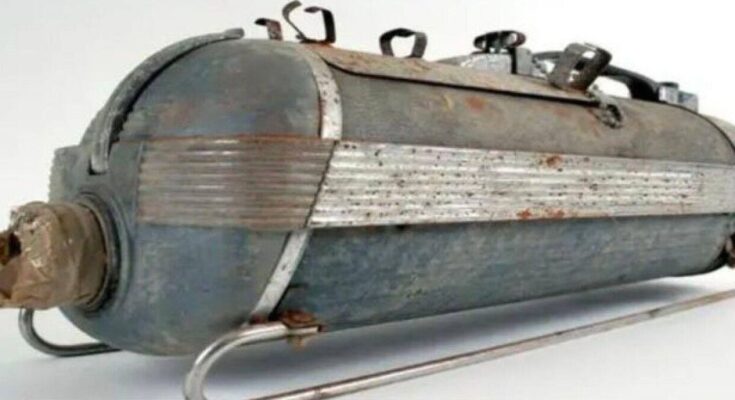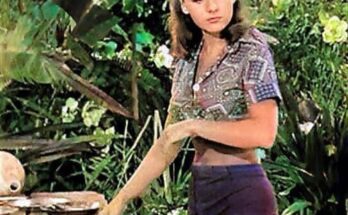One thing we can always be sure of is that things change over time. Nothing can stop this. People change, technology changes and situations change.
Change is inevitable! For example, look at your own life.
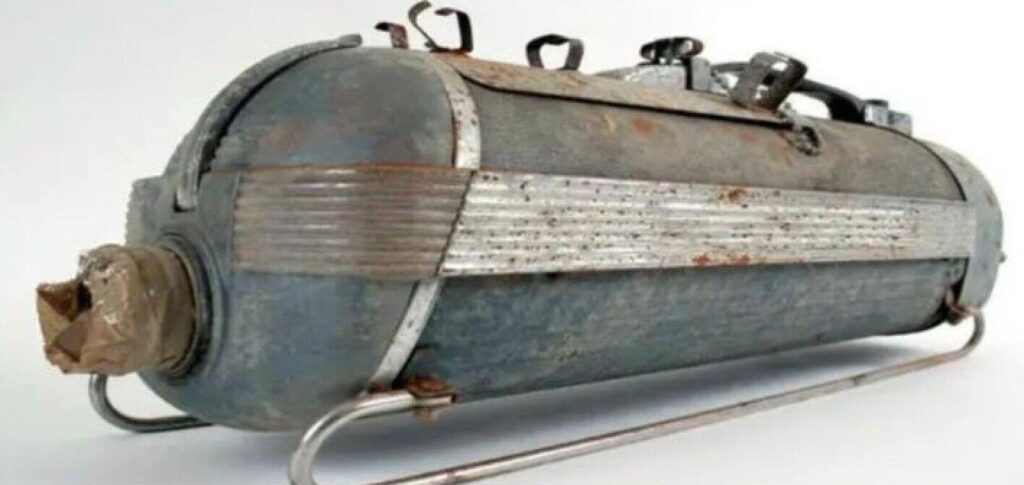
How much has it changed? This is especially true when it comes to technological advancements. It can be scary to look back and see how much progress has been made. But it can be very refreshing!
Remember that “thing” from the 30’s? If you weren’t there then, you probably wouldn’t know what it is. Do not worry. You’re not alone. It’s a vacuum cleaner from the 1930s, Hercules! It seems really strange, doesn’t it? Can you guess how it worked?
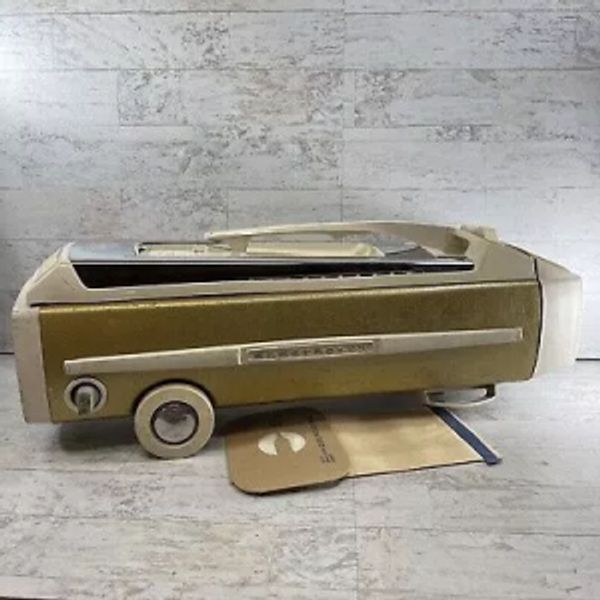
retro vacuum cleaner
You’d be completely forgiven if you didn’t know what that was. But we think you really want to know! This fun thing that looks like a bottle or a suitcase is a vacuum cleaner from the 1930s called a Hercules! This retro vacuum cleaner is a far cry from today’s vacuum cleaners. In fact, as I type this, I’m watching my Roomba® mop the floor! Can you imagine what life was like back then? How interesting and innovative were such cars at the time? But today, we all take it for granted how easy our lives have become thanks to technology and advancements.
The Hercules vacuum cleaner was a very sophisticated and advanced machine for its time. The picture above is covered in crocodile skin, which was quite expensive. What made this product even more luxurious was the fact that it was sold during the Great Depression. At this time, many families could not afford, let alone buy, a Hercules. If you know what this item is, show it to your kids and see if they can guess! They don’t know exactly what it is!
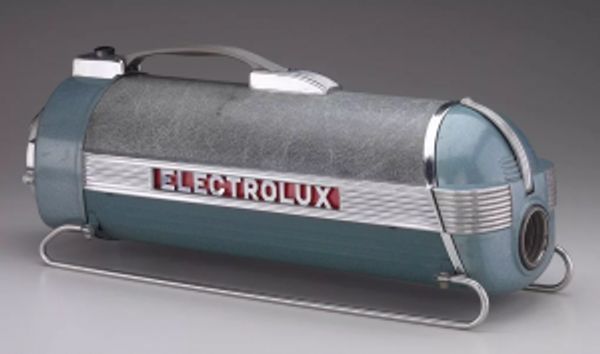
Table of Contents
The Humble Beginnings
Did you know the humble broom was not even perfected until the year 1797? A farmer from Massachusetts decided to create one that worked properly after watching his wife struggle to sweep. Soon, his broom, known as broomcorn, became a household name. Of course, as time went by, people got lazier! A few new sweepers and brooms came and went, and it wasn’t until the 1860s when Daniel Hess created the first real vacuum cleaner. According to his patent: “The nature of my invention consists in drawing fine dust and dirt through the machine by means of a draft of air.”
Then, in 1869, Ives McGaffey of Chicago took it even further. Although, his design was actually harder to use than a regular broom. His patent reads: “The accumulation of dust and dirt in dwelling-houses is a source of great annoyance to all good housekeepers… to obviate these difficulties is the object of my invention.” Sadly, his invention did not take off.
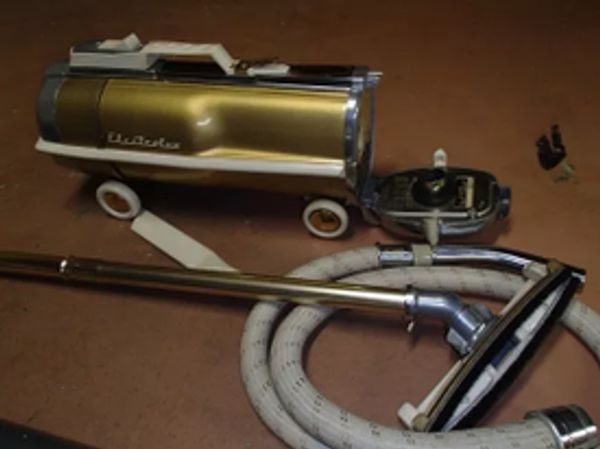
The Revolutionary Hoover
Many designs came and went. But it was James Murray Spangler who revolutionized the vacuum cleaner. A Humble Janitor, aged 60, living in Canton, Ohio, James slaved away to perfect his design. It even took a toll on his health. His machine was better than the rest because not only was it upright, but it was also portable. The crude machine worked well, sucking dirt and blowing it out the back into the attached pillowcase. Spangler patented it in 1907 and quit his job, opening the Electric Suction Sweeper Company.
“It used a ceiling fan motor and paddle blades to create the air flow… he used a leather belt and journaled it to a rotating brush that he had gotten out of a carpet sweeper… No one was able to get the carpet that clean because they didn’t have a motor-driven brush.“
The Hoover was then born when he ran into financial trouble, selling his company to his cousin, Susan Hoover!
As we look back on the evolution of vacuum cleaners, we can’t help but appreciate how far we’ve come. Who would have thought that a contraption like the Hercules would eventually lead to the convenience of modern-day vacuum cleaners like the Hoover? It’s truly amazing to see how technology has transformed our lives and made our daily chores so much easier. So the next time you’re using your vacuum cleaner, take a moment to appreciate the history behind it and be grateful for the innovations that have made our lives better.
